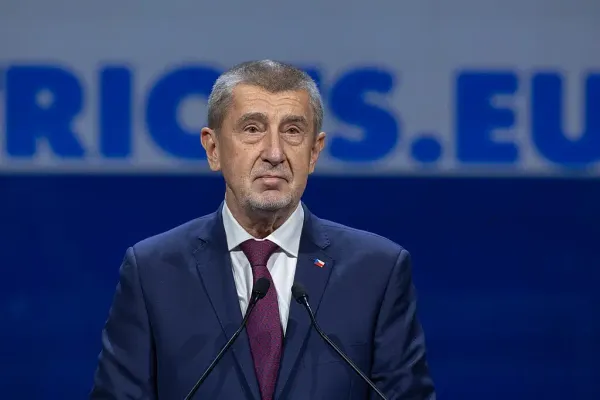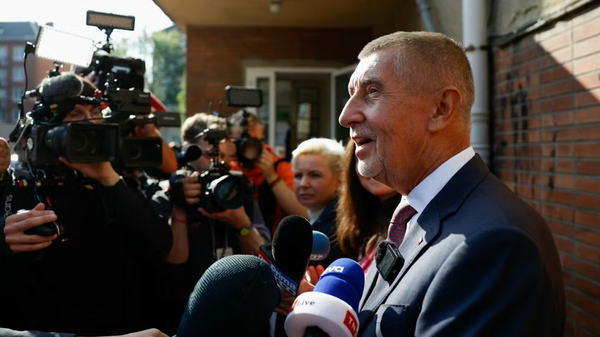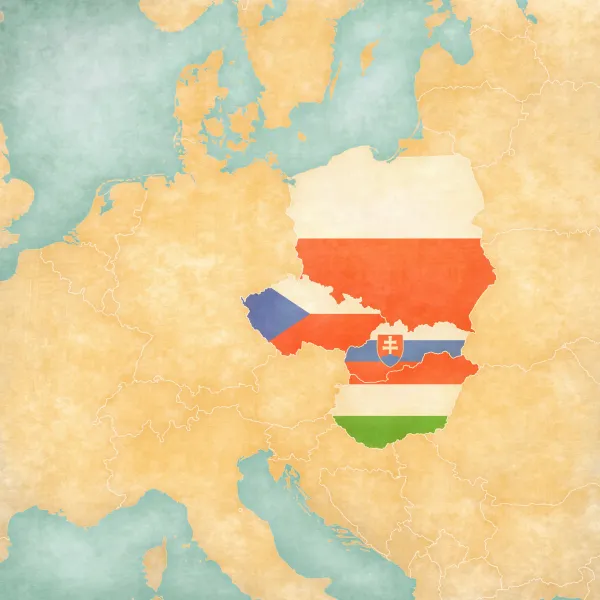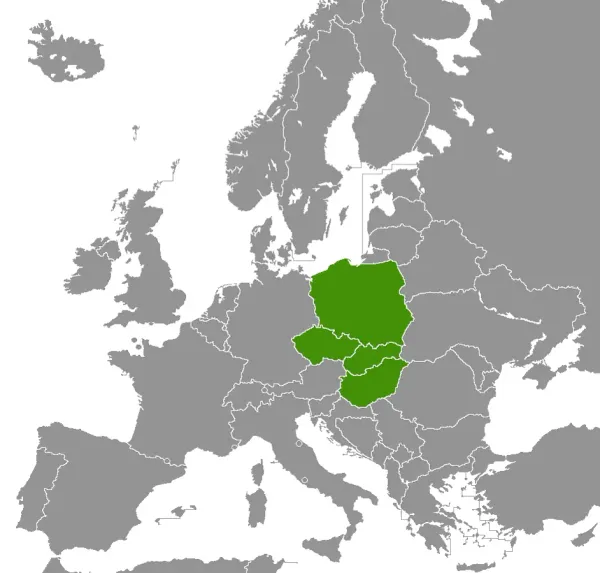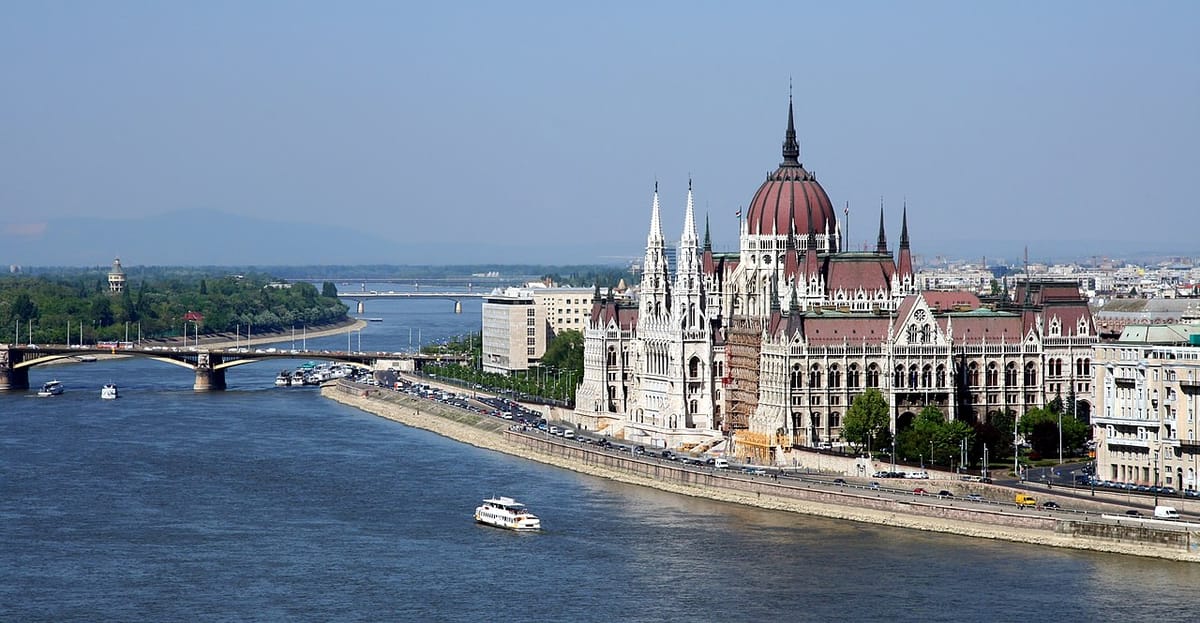
MEPs to vote on rule of law in Hungary, as EC mulls next move on suspended funds
As the September 21 deadline approaches, leaders in Brussels are split on whether to finally unlock billions of euros that have been withheld from Hungary due to concerns about the rule of law and corruption in the country.
In addition to around EUR 6bn that Hungary was earmarked to receive from the EU’s Covid recovery funds, the country has also had billions frozen from the bloc’s 2021-27 shared budget.
According to German news weekly Der Spiegel, President Ursula von der Leyen is increasingly lenient towards the Hungarian government because she wants the EU to show a united front in response to Russia’s invasion of Ukraine.
However members of the European Parliament (EP) view Hungary’s negotiations on the rule of law with more scepticism than von der Leyen.
European Parliament vote on Hungary expected this week
On Wednesday MEPs frustrated by four years of inaction on Article Seven proceedings against Hungary will hold a debate and the following day will likely vote on a report on the state of democracy and respect for democratic norms in the country, prepared by French Green MEP Gwendoline Delbos-Corfield.
The new report investigated the 12 areas covered by the highly critical earlier Sargentini Report published in 2018, and found that Hungarian democracy has regressed even further in the last four years.
After years of rejecting criticism of its interpretation of the rule of law, Hungary recently promised to establish an independent audit office for EU funds and has passed new public tendering rules.
In July Hungary also agreed to reduce the proportion of public purchases with a single bidder below 15%, and ensure legal remedy at a law court against the prosecutor’s decision in corruption cases. The Hungarian government also promised to ensure broader social consultations before submitting draft laws, and to reduce the number of fast-track procedures through Parliament.
Hungarian Justice Minister Judit Varga met numerous EU leaders in Brussels last week, including EC Budget Commissioner Johannes Hahn, Vice-President Vera Jourova, and Justice Commissioner Didier Reynders. Varga described the meetings as “constructive dialogues”.
However trust in Hungary is low, after years of feuds over issues including relations with Russia, democratic standards, migration and LGBTQ rights. Moreover EU anti-fraud body OLAF uncovered irregularities in nearly 4% of its EU funding expenditure in 2015-19, making the country the most corrupt in the 27-member bloc.
According to a July EC document drawn up by Hahn, of Hungary’s share of the bloc’s 2021-27 funding budget worth EUR 1.8 trillion, a “70% suspension of commitments of these operational programmes can be considered proportionate”.
MEPs could pressure Commission over Hungary
Hungarian outlet HVG commented that a EP vote on Thursday could send a political message both to the EC and EU member states ahead of a decision on whether to invoke the new rule of law mechanism against Hungary next week. However the practical consequences of a vote against Hungary are uncertain.
Although the EC’s rule of law procedure is independent from the EP vote, the Commission cannot entirely ignore MEPs voting that EU values are under systemic threat in Hungary.
“The EU Commission must not allow itself to be blinded by bogus reforms,” Green MEP Daniel Freund tweeted, adding that Hungarian Prime Minister Viktor “Orban makes proposals with which he gets additional EU funds without really ending the systematic corruption of his cronies.”
Some MEPs threatened to initiate a vote of confidence against von der Leyen in the summer, after the EC green-lit Poland’s COVID:19 economic recovery plan. Now she runs a similar risk over the concerns that have been raised over Hungary, unless the EC finds a solution that is acceptable to MEPs.
Czechia, which currently holds the rotating EU presidency, has made plans to hold another hearing on the subject on 18 October, but no plans have yet been made for EU member states to debate the issue.
According to Czech EU Minister Mikulas Bek, Hungary’s recent actions have made it theoretically possible to expel the country from the bloc.


